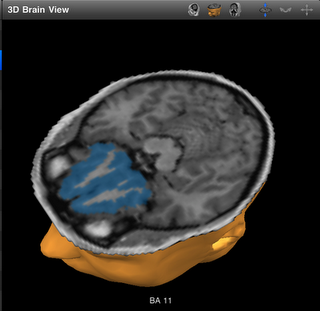
© Public domainElijah and the Angel by Bernardino Luini (1521).
Sleep researchers say they have established that many of the visions of angels and other religious encounters described in the Bible were likely "the products of spontaneous lucid dreams."
In a sleep study by the Out-Of-Body Experience Research Center in Los Angeles, 30 volunteers were instructed to perform a series of mental steps upon waking up or becoming lucid during the night that might lead them to have
out-of-body experiences culminating in perceived encounters with an angel. Half of them succeeded, the researchers said.
Specifically, the volunteers were told to try to re-create the story of Elijah, a prophet who is referenced in the
Talmud, the
Bible and the
Quran. In one of the stories in the
Bible's Book of Kings, Elijah flees to the wilderness and falls asleep under a juniper tree, exhausted and prepared to die. Suddenly an angel shakes him awake and tells him to eat. He looks around and, to his surprise, sees a loaf of bread baked on some coals and a jug of water. Elijah eats the meal and goes back to sleep. Lead researcher Michael Raduga said this event was chosen from among a multitude of biblical passages involving religious visions during the night, because, "in terms of verifiable results, angels were the ideal choice, as Western culture provides a relatively well-established image for them (wings, white robes, halos, etc.)."
The research, which has not been reviewed by peers for scientific publication, does garner support from some dream researchers who were not involved in Raduga's study. They said the findings support further inquiry into the basis of such religious visions. One dream expert, however, pointed out that many religious tales of angelic encounters occurred in daytime, which suggests they could not have been dreams.




Comment: When facing the holiday stress, just take a few minutes to practice the very simple but extremely effective breathing and meditation techniques of the Éiriú Eolas program. In fact, since you will feel the results immediately, you might decide to practice it throughout the year's stressful moments, so that with your vagus nerve active, you can feel in your life the happiness the researches above are talking about.